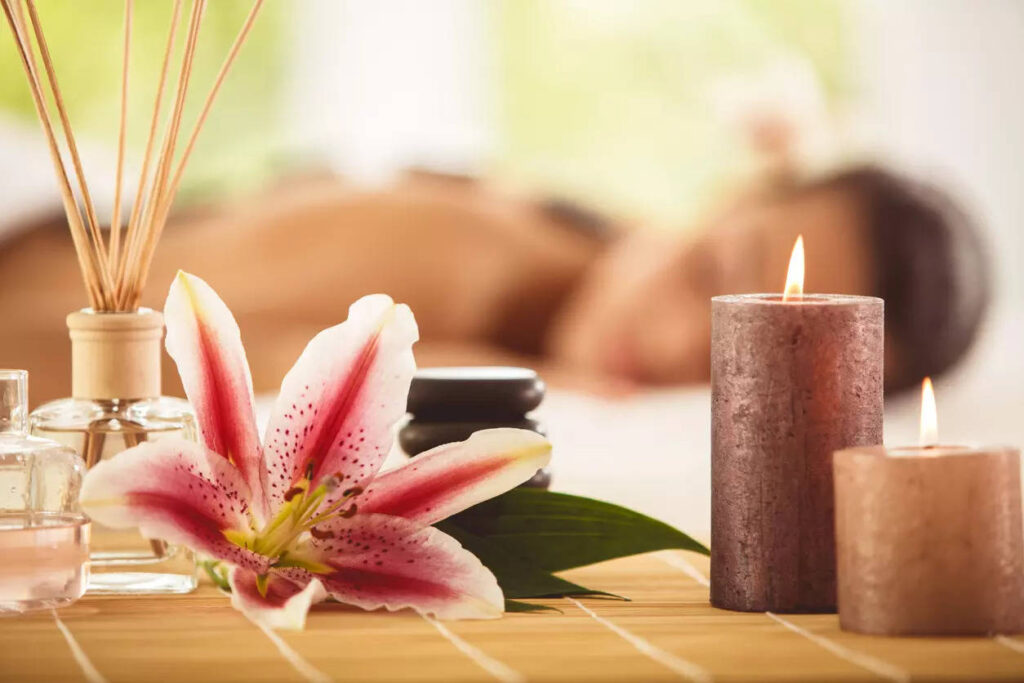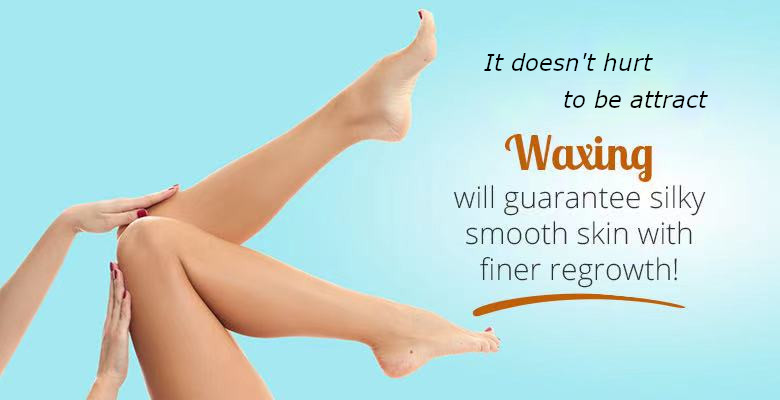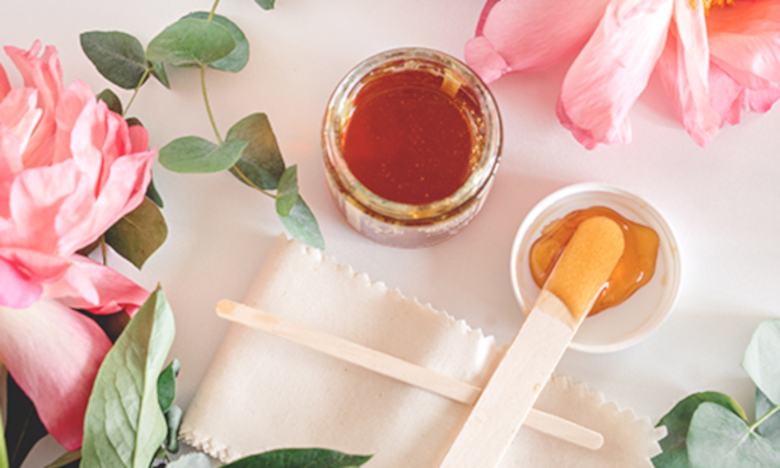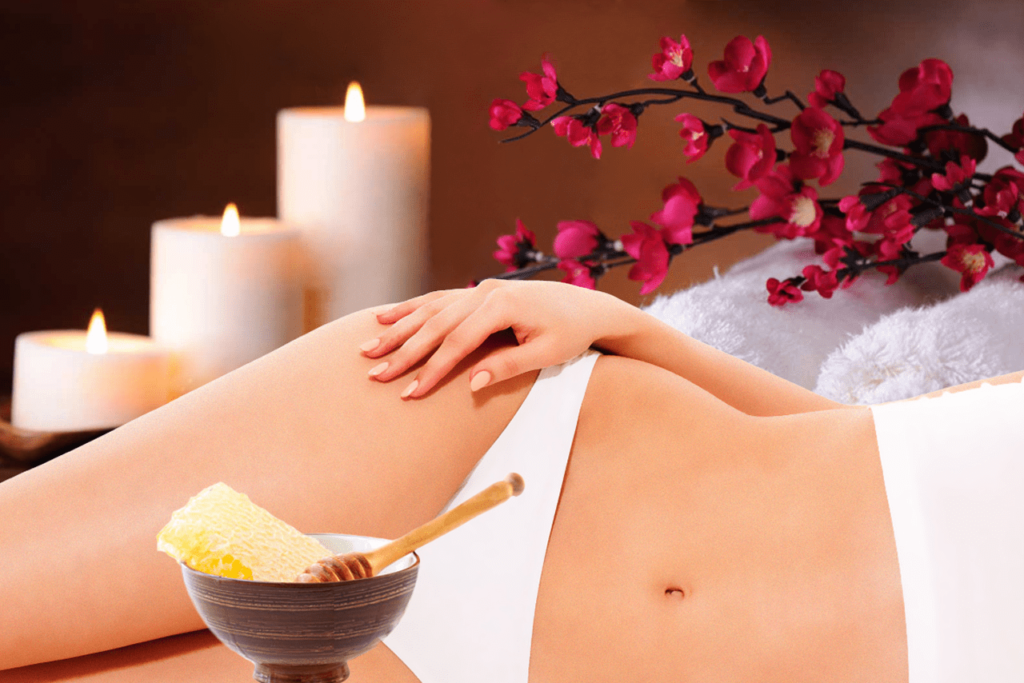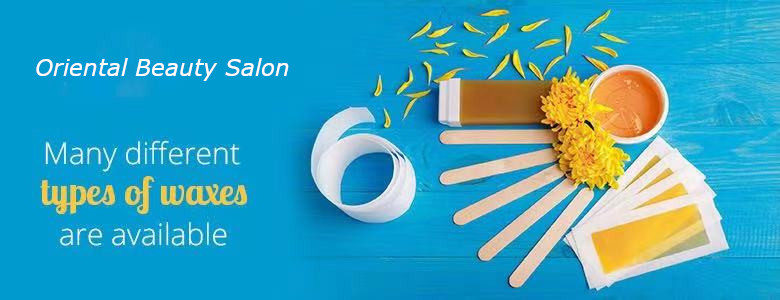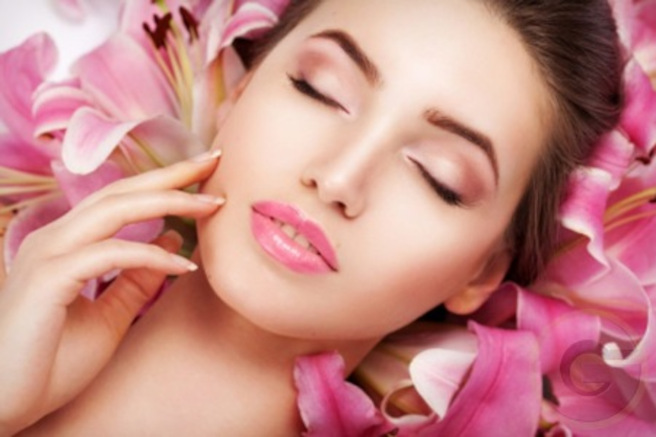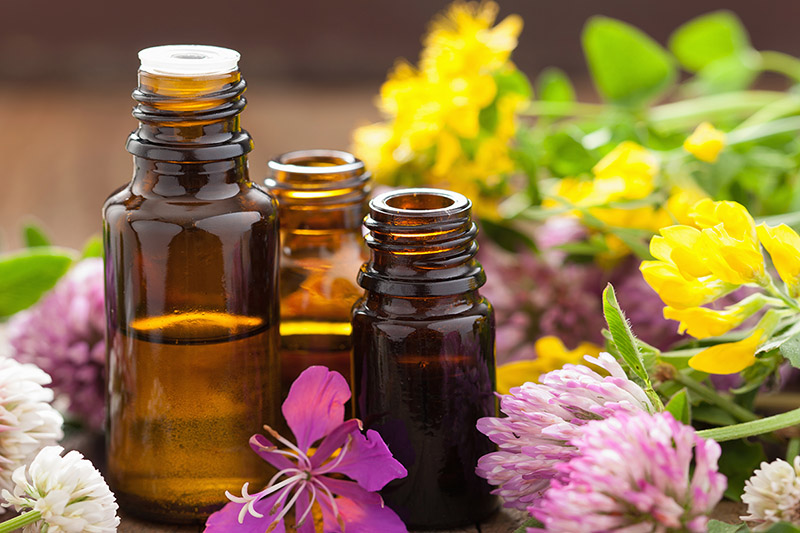
Aromatherapy: What you need to know
Aromatherapy is a complementary therapy that uses essential oils from plants and flowers. Designed to treat the whole body, aromatherapy aims to assist the body’s natural abilities to heal, rest and recover from stress and illness. Aromatherapy has been used for hundreds of years and research into its uses continues to grow.
On this page, we’ll explore the benefits of aromatherapy, look into what it can help with and discuss the different ways it can be used.

What is aromatherapy?
While plant oils and herbs have been used for medicinal purposes for thousands of years, aromatherapy is believed to have originated in 1928 when a French chemist, René-Maurice Gattefossé accidentally burnt his hand. In reaction to the burn, Gattefossé plunged his hand into the nearby vat of lavender oil. When the burn healed quickly and he was left with no scar, he felt compelled to investigate the oil further.
Aromatherapy is now one of the most popular forms of complementary therapy. Essential oils are used with the hope of treating and preventing illness, as well as encouraging rest and relaxation. For this reason, aromatherapy is especially beneficial for stress-related concerns like headaches, insomnia and anxiety. An aromatherapist can target the cause of stress and create a personal plan (and a suitable concoction of essential oils) for the individual.

How does it work?
Aromatherapy typically works in two different ways, through sense of smell and through skin absorption. Let’s look at skin absorption first; many essential oils contain anti-inflammatory properties and may be applied to the skin to fight infection or relieve pain.
It’s important to consult with a professional aromatherapist before trying this and if you suspect an infection, it’s important to consult your GP. Perhaps the most common use of essential oils on the body, however, is through aromatherapy massage.
Aromatherapy massage
During a massage, essential oils are added to a carrier oil to dilute the mixture and massaged into the skin. An aromatherapy massage usually lasts between one hour and 90 minutes. The oils used will be tailored to suit your specific requirements.
Aromatherapy massages are incredibly relaxing, bringing together the powerful benefits of both aromatherapy and massage. Here are just a few psychological and physical benefits of this method:
Psychological benefits
- Can help to lift mood (physical touch boosts our happy hormones).
- Promotes relaxation, reducing stress and improving your sense of well-being.
- Reduces nervous tension (our bodies hold a lot of psychological tension when we’re stressed, so releasing this can be helpful).
Physical benefits
- Stimulates the body’s immune system, protecting itself from illness.
- Eases muscle tension (making you feel more relaxed and soothing aching muscles).
- Encourages lymphatic drainage, helping to reduce fluid and toxin build-up.
- Boosts circulation (helping blood and oxygen circulate the body to promote healing).
Aromatherapy is now being recognised in the science world and is listed on The NHS Directory of Complementary and Alternative Practitioners. It has gained steam in palliative care and is increasingly used alongside conventional treatment. Research into its effectiveness is encouraging and continues to grow.
What can aromatherapy help?
The therapeutic qualities of essential oils are thought to ease stress, boost the immune system and encourage overall well-being. The evidence for its effectiveness varies and often further research is required, however, there are several conditions aromatherapy is thought to help with, including:
Stress - Certain scents can trigger a relaxation response in the brain. When combined with massage especially, it can help to reduce feelings of stress. Understanding the cause of your stress and increasing self-care practices can help you keep on top of stress.
Anxiety - Studies have found that aromatherapy can have a positive effect on those living with anxiety. As a complementary therapy, it is best used alongside other therapies such as talking therapy.
Insomnia - Many people find aromatherapy a helpful aid for sleep. Burning a relaxing scent in your home or adding essential oils to a warm, evening bath can help prepare your body and mind for sleep.
Dementia - The interest in the effects of aromatherapy for conditions such as dementia continues to grow. Research into the therapy revealed many benefits and the National Institute for Health and Care Excellence (NICE) suggests it may help treat feelings of agitation in those with dementia.
Chronic pain - Aromatherapy is thought to be especially helpful for easing any chronic pain-related anxiety. If the pain is muscular, a massage using essential oils may be helpful. As with any new therapy, please consult your GP before starting.
Cancer - Aromatherapy may help to reduce pain and anxiety for those with cancer in the short-term. According to Cancer Research UK, many people with cancer turn to aromatherapy. It appears to make patients feel happier and more able to cope with the changes happening.
Palliative care - Aromatherapy massage is becoming increasingly popular in palliative care. The combination of scent and massage is thought to help patients feel more relaxed and comfortable.
Most commonly used essential oils
There are hundreds of different aromatherapy oils, all of which have different benefits. An aromatherapist may recommend a single oil for the treatment, but it is likely they will use a combination.
Some of the most common essential oils include:
Ginger – Ginger can help ease digestive problems. The scent is known for revitalising the body.
Lavender – The ultimate relaxer, lavender is recommended for those who find it difficult to sleep.
Clary sage – This oil is believed to manage labour pains and relieve menstrual cramps. It is also known for its stress-relieving properties.
Eucalyptus – This oil is known for relieving respiratory congestion, so it can be helpful if you are suffering from a cold.
Peppermint – Mint is an energising oil which may help ease migraines and relieve nausea.
Lemon – An uplifting and detoxing scent, lemon can help energise you and lift your mood.
Fennel – Fennel is thought to help the digestive system and encourage menstrual regulation.
Mandarin – A calming oil with a warming citrus scent. It is often combined with lavender oil to help children relax.
